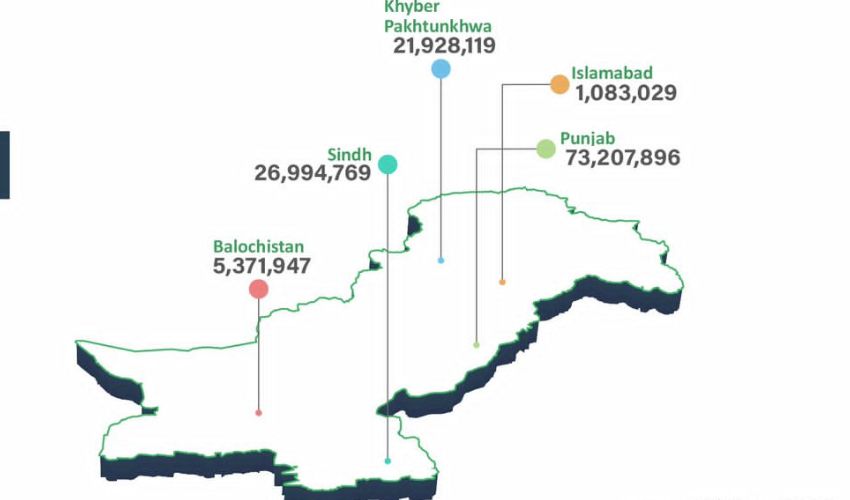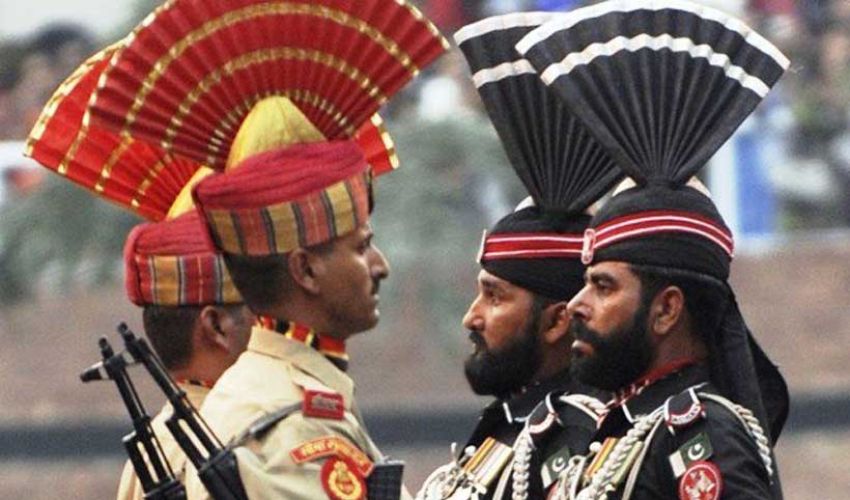Pakistan’s historic 12th General Election kicks off today, with over 120 million eligible voters casting their ballots for representatives in both the National and Provincial Assemblies. This election marks a significant moment with the highest number of candidates ever recorded – 17,758 vying for 855 seats across the country.
According to the Election Commission of Pakistan (ECP), the voting process for the general elections will begin at 8 am and the polling process will continue uninterruptedly until 5 pm. A total of 127,921,049 registered voters from various regions of the country are expected to participate in the electoral process.
A staggering 17,758 candidates are contesting for seats in the National and Provincial Assemblies, offering voters a diverse array of choices as they select their representatives.
On the occasion of the general elections, Pakistan has established 90,675 polling stations and 266,398 polling booths nationwide. Over 1.49 million election staff members will fulfill their duties, with unofficial results for each constituency announced by the returning officer.
A public holiday has been declared across the country on Thursday to facilitate voter turnout. Voters must present their original National Identity Cards, with expired cards also deemed acceptable.
The Pakistan Telecommunication Authority has confirmed that internet services will not be disrupted during the general elections, ensuring accessibility for users nationwide.

In Islamabad, 10,830,029 voters will elect representatives for three National Assembly seats, while Punjab boasts 141 National Assembly seats and 296 Punjab Assembly seats, with 73,207,896 eligible voters exercising their rights.
In Sindh, 26,994,769 voters will elect representatives for 61 National Assembly seats and 130 Sindh Assembly seats. Karachi, Pakistan's largest city, will see over 9 million voters participate in electing representatives for 22 National Assembly seats and 47 Sindh Assembly seats.
Khyber Pakhtunkhwa will witness 21,263,408 voters casting their votes for 44 National Assembly seats and 113 KPK Assembly seats, while Balochistan will have 5,371,947 voters electing representatives for 16 National Assembly seats and 51 Balochistan Assembly seats.
For the 365 National Assembly seats, 5,113 candidates, including 312 women, are contesting. Additionally, 12,645 candidates, including 570 women, are competing across the four provincial assemblies.
Polling has been postponed in NA-8 Bajaur, PK-22 Bajaur, PK-91 Kohat, and PP-266 Rahim Yar Khan National Assembly constituencies due to the death of candidates.
In light of recent security threats, 16,766 polling stations have been designated as highly sensitive, with an additional 29,985 categorized as sensitive, while 44,026 are deemed normal across the country.
In Punjab, 5,624 polling stations have been identified as the most sensitive, with five personnel stationed per station. Similarly, in Sindh, eight security personnel will be deployed at 4,430 highly sensitive polling stations.
In Khyber Pakhtunkhwa, 4,265 polling stations are marked as highly sensitive, with nine personnel assigned to each, along with 1,047 highly sensitive polling stations.
The Ministry of Interior's control room will remain operational throughout the elections to monitor the country's overall security situation.
Presiding officers have been granted magistrate first-class powers to maintain law and order at polling stations, with the Pakistan Army providing security at the most sensitive locations.
The army will oversee the safe transportation of electoral materials to polling stations, counting procedures, and returning them to the respective officers' offices. Only authorized observers and media personnel will be permitted inside polling stations for transparency and accountability.



























